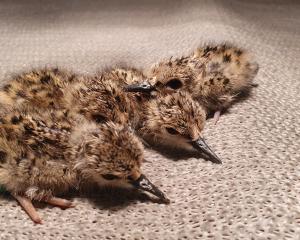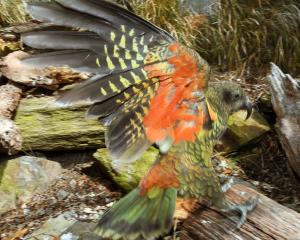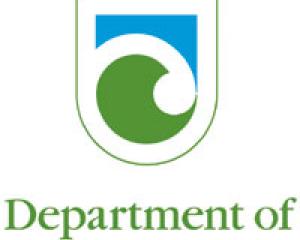
About 700kg of bait being ferried by helicopter to Indian Island in Dusky Sound for a rat eradication programme was lost over Anchor Island.
Anchor Island is pest free and home to the endangered kakapo, saddleback and mohua. As a precaution, two kakapo had been moved to Chalky Island.
"A full review of the safety procedures and practices is under way to ensure such an incident does not occur again," Conservation Minister Kate Wilkinson said yesterday.
The 700kg of brodifacoum cereal bait pellets, about 15% of the total necessary for the operation, was being transported beneath a helicopter from Anchor Island, where they were stored, on Thursday when the load detached in flight.
The bagged pellets were in plywood boxes stacked on a pallet, which was suspended beneath the helicopter.
Doc Te Anau area manager Reg Kemper, who was in the helicopter, said the cause of the incident was not known.
"We're trying to work that out at the moment."
It was a routine eradication operation using a helicopter company with an "impeccable safety record", he said.
He declined to name the company.
No pellets were found in a search of about 8ha, of the 1800ha island, that "potentially could have been affected".
"There is no evidence of any impact on land. I'm confident it all landed in the lake."
It was not known what impact the bait would have on the aquatic life in the lake, he said. The bait was largely insoluble and broke down slowly.
Doc was taking advice on the best approach to deal with the bait in the lake and would be sampling the water to assess any impact on the lake environment, Mr Kemper said.
There was 0.2% of poison per kg of bait. A large bird would have to eat about 20 pellets to get a toxic dose, a "highly unlikely" situation, he said.
The baiting operation had been postponed until all inquiries were completed.
Doc had notified Environment Southland and the Medical Officer of Health of the incident.
Environment Southland communications officer Michele Poole said it was not appropriate for Environment Southland, as consent authority, to comment. It was waiting for a full report.
However, the discharge occurred outside the terms of the department's resource consent, she said.
The consent was to aerially discharge cereal pellet bait containing brodifacoum in circumstances where it may enter water on Indian Island.
Forest and Bird conservation advocate Nicola Vallance said Forest and Bird had been informed of the incident and was "confident and satisfied" Doc was doing everything possible to mitigate the situation.
"We're really pleased with the strategies they have put in place."
Aerial drops of that nature were needed because of the devastating impact introduced mammals had on native birds.
"They simply cannot afford to stop what they are doing, even when an unfortunate incident arises."




